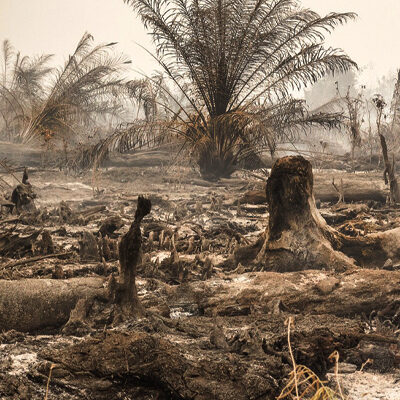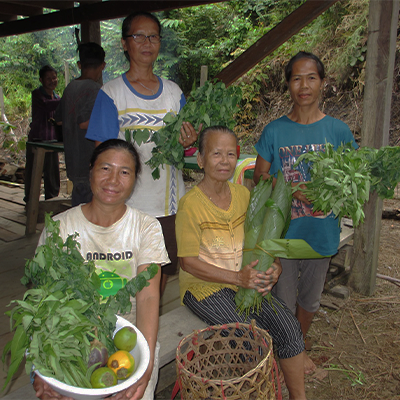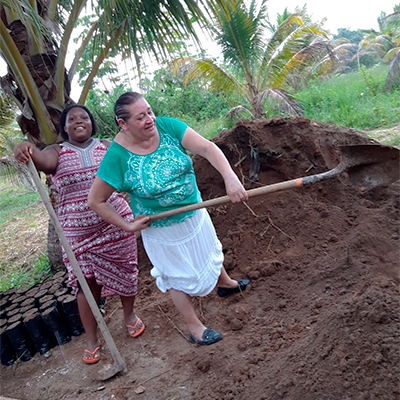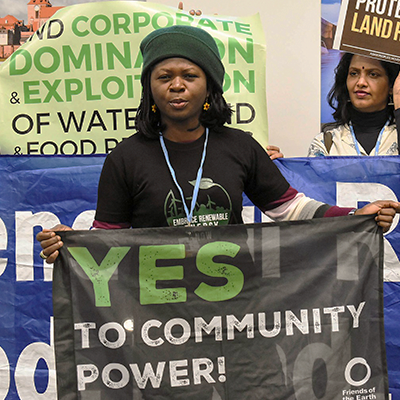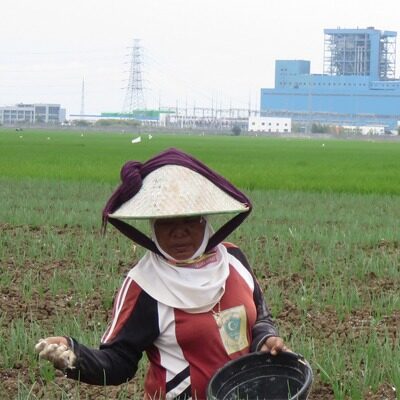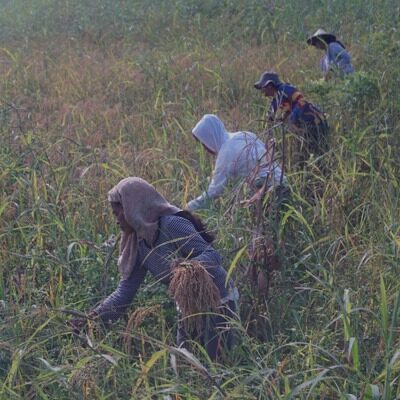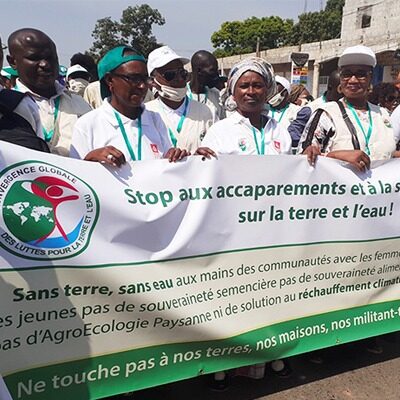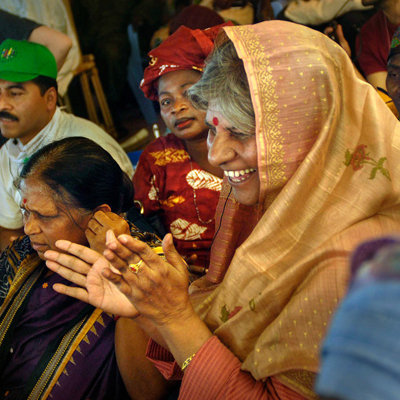
In defence of hope
The upcoming 3rd Nyéléni Global Forum to take place in September 2025, is set to be one of those milestones that shape the history of peoples’ struggles, in this case, the struggles of peasant movements and organisations that promote food sovereignty, alongside all the organisations that carry that banner in every corner of the planet. Following the 2007 and 2015…



